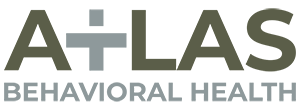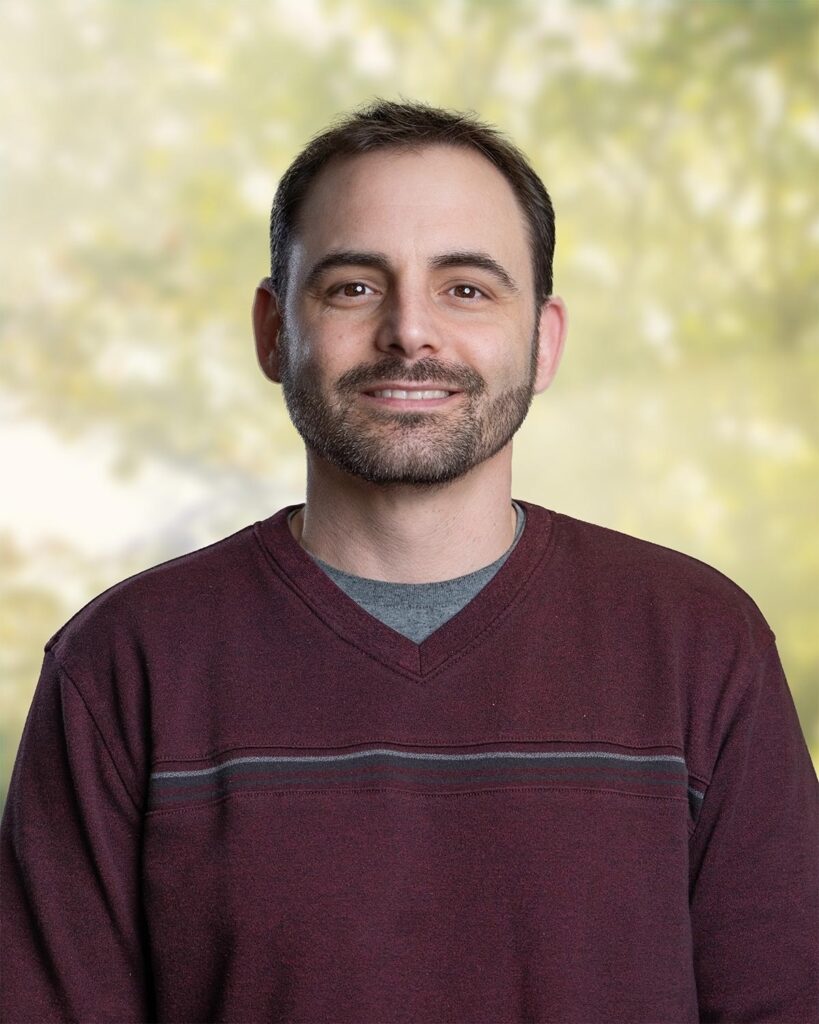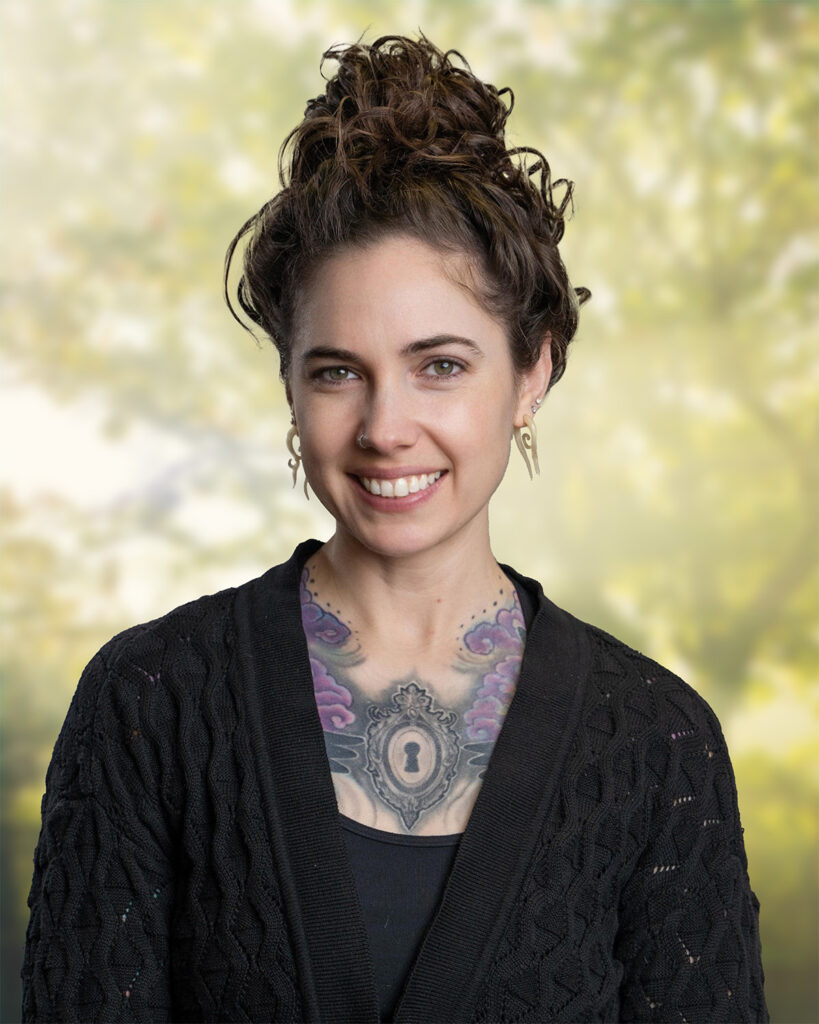Ever find yourself caught in a cycle of negative thoughts and feelings that seem to spiral out of control? If so, you’re not alone. Many people struggle with these thought patterns, but there’s a practical approach that can help—Cognitive-behavioral therapy (CBT). We integrate CBT into our comprehensive treatment programs to support our clients on their journey to recovery. Our CBT in Atlanta can be a powerful tool in overcoming addiction, mental health conditions, and dual diagnosis.
Understanding Cognitive-Behavioral Therapy (CBT)
Cognitive-behavioral therapy is a structured, goal-oriented psychotherapy that addresses and alters negative thought patterns and behaviors. Developed in the 1960s by psychiatrist Aaron Beck, CBT focuses on the interconnections between thoughts, emotions, and behaviors.
It’s based on the idea that changing unhealthy thought patterns can lead to changes in feelings and behaviors, ultimately improving one’s overall mental health and well-being. It is a combination of two therapeutic approaches, known as cognitive therapy and behavioral therapy.
What Is Cognitive Therapy?
The word “cognitive” is derived from the Latin term “Cognoscere,” which means “to know” or “to understand.” Cognitive therapy focuses on gaining a better understanding of thoughts, attitudes, and expectations. The goal is to identify and change false and distressing beliefs.
Often, it’s not just the events or circumstances that create issues, but also the exaggerated significance we attach to them. This form of therapy helps individuals replace these thought patterns with more realistic and less harmful ones, enhancing clarity of thought and improving overall thought management.
How Does Behavioral Therapy Work?
Behavioral therapy is rooted in the principles of “behaviorism,” a concept that views human behavior as learned and therefore subject to change. The therapy focuses on identifying whether specific behavioral patterns are contributing to your difficulties or worsening your problems. Once these patterns are recognized, the next step involves working on altering them. For instance, individuals experiencing depressive thoughts might start withdrawing from activities and losing interest in their hobbies, which can increase their feelings of sadness and isolation. Behavioral therapy pinpoints these patterns and helps individuals re-engage in activities, ultimately promoting a more active and fulfilling lifestyle.

How CBT in Atlanta Enhances Recovery from Addiction
Substance use disorders often stem from complex interactions between genetic, environmental, and psychological factors. For many individuals, negative thought patterns and unhealthy coping mechanisms play a significant role in perpetuating addiction. CBT as part of treatment approach, addresses these issues head-on.
Identifying and Challenging Negative Thoughts
One of the primary goals of CBT is to help individuals identify and challenge negative thoughts that contribute to their substance use. For instance, someone struggling with addiction might believe that they’re unable to cope without drugs or alcohol. CBT helps individuals recognize these thoughts as distortions of reality and replace them with more balanced, realistic thoughts.
Developing Healthier Coping Strategies
CBT also teaches practical skills to manage cravings and avoid triggers. Through various techniques, clients learn how to handle stress and cravings without resorting to substance use. These skills are crucial for maintaining sobriety and avoiding relapse.
Improving Self-Esteem and Confidence
Addiction often affects self-esteem, leading to a cycle of guilt and self-blame. CBT helps individuals rebuild their self-confidence by focusing on their strengths and achievements, reinforcing a positive self-image. We use it effectively for many populations, including the LGBTQ community.
This research shows an up-to-date summary of treatment efficacy in cognitive-behavioral therapy (CBT) for alcohol or other substance use disorders.
CBT for Mental Health Disorders
Mental health conditions, such as depression, anxiety, and PTSD, can severely impact daily life. CBT is effective in treating these conditions by addressing the cognitive distortions and behavioral patterns that contribute to their severity.
Addressing Depression
In cases of depression, CBT helps clients identify and challenge pervasive negative beliefs, such as “I’m worthless” or “Nothing ever goes right.” By reframing these thoughts, individuals start to feel more hopeful and motivated, leading to improved mood and outlook.
Managing Anxiety
For those dealing with anxiety, CBT provides tools to manage and reduce symptoms. Techniques such as cognitive restructuring help individuals challenge irrational fears and anxieties, while exposure therapy can gradually desensitize them to anxiety-provoking situations.
Treating PTSD
For clients with PTSD, CBT focuses on processing traumatic memories and changing the associated negative beliefs. Techniques like cognitive processing therapy (CPT) and prolonged exposure therapy (PE) are used to help individuals confront and reframe their traumatic experiences.

Managing Dual Diagnosis with CBT
Dual diagnosis refers to the coexistence of a substance use condition and a mental health disorder. This combination can make treatment more challenging, but CBT in Atlanta is a valuable tool for managing both conditions simultaneously.
Integrating Treatment for Co-occurring Disorders
CBT helps clients with dual diagnosis by addressing both their addiction and mental health issues in a coordinated way. The therapy focuses on the interplay between substance use and mental health symptoms, providing strategies to manage both.
Enhancing Overall Functioning
By targeting the thought patterns and behaviors related to both disorders, CBT helps individuals improve their overall functioning. This holistic approach ensures that clients receive comprehensive care that addresses all aspects of their well-being.
Programs and Services Offered
We offer a range of programs and services created to support our clients’ journey toward recovery. Our programs include:
- Partial Hospitalization Program (PHP): Our PHP provides intensive, structured treatment during the day while allowing clients to return home in the evenings. This program is ideal for those needing a higher level of care without inpatient hospitalization.
- Intensive Outpatient Program (IOP): The IOP offers flexible, intensive treatment for those who need support but do not require full-day programming. This option is suitable for clients balancing recovery with daily responsibilities.
- Outpatient Program (OP): For individuals requiring ongoing support, our OP provides therapy sessions on a less frequent basis. This program is for those who have completed more intensive levels of care or who need additional support in their recovery journey.
Therapeutic Services at Atlas Behavioral Health
Our therapeutic services include CBT, DBT (Dialectical Behavior Therapy), EMDR (Eye Movement Desensitization and Reprocessing), and medication management. These therapies are developed to address various aspects of mental health and addiction recovery.
- Cognitive-behavioral therapy (CBT): Our CBT in Atlanta is a cornerstone of our treatment approach. It helps clients challenge negative thoughts and develop healthier coping strategies.
- Dialectical behavior therapy (DBT): DBT focuses on helping individuals manage emotions and improve interpersonal relationships. It is particularly useful for those with emotional regulation issues.
- Eye movement desensitization and reprocessing (EMDR): EMDR is used to process and heal from traumatic experiences, helping individuals reframe their memories and reduce their emotional impact.
- Medication management: Medication management ensures clients receive appropriate medications to support their mental health and recovery. Our team works closely with clients to monitor and adjust medications as needed.
Experiential Therapies
In addition to traditional therapies, Atlas Behavioral Health offers a range of experiential therapies to enhance recovery. These include:
- Art therapy: Encourages creative expression as a means of exploring and processing emotions.
- Sound bath: Uses sound frequencies to promote relaxation and stress relief.
- Guided meditation: Helps clients develop mindfulness and reduce stress.
- Breathwork: Focuses on controlled breathing techniques to improve emotional regulation.
- Hiking: Provides physical exercise and connection with nature, which can be therapeutic.
- Golf: Offers a relaxing and enjoyable activity that promotes social interaction and stress relief.
- Yoga: 2 sessions a week help improve physical and mental well-being.
Loved One’s Day: Engaging Families in the Recovery Process
We believe that involving loved ones is important in the recovery process. Our Loved One’s Day invites clients to bring their family and support network to participate in educational sessions. Initially, clients and their families engage together, then they split into separate groups to receive individualized education on mental health and substance addiction.
This approach helps educate families about the challenges their loved ones face and equips them with tools to support the recovery journey effectively. We recognize that treating the whole family is vital for achieving long-term success in recovery.

Experience the Benefits of CBT in Atlanta Today
If you or a loved one is facing the challenges of addiction, mental health issues, or a dual diagnosis, exploring CBT as part of a comprehensive treatment plan could be an essential step toward healing. Our compassionate and skilled team is dedicated to supporting you through every phase of your recovery journey. We combine evidence-based therapies with holistic approaches to offer you the best possible chance at lasting recovery and a more fulfilling life.
Contact us today to learn how our CBT in Atlanta can play a pivotal role in your recovery. We’re here to provide the support and resources you need to take the next steps forward and embrace a brighter, healthier future.



